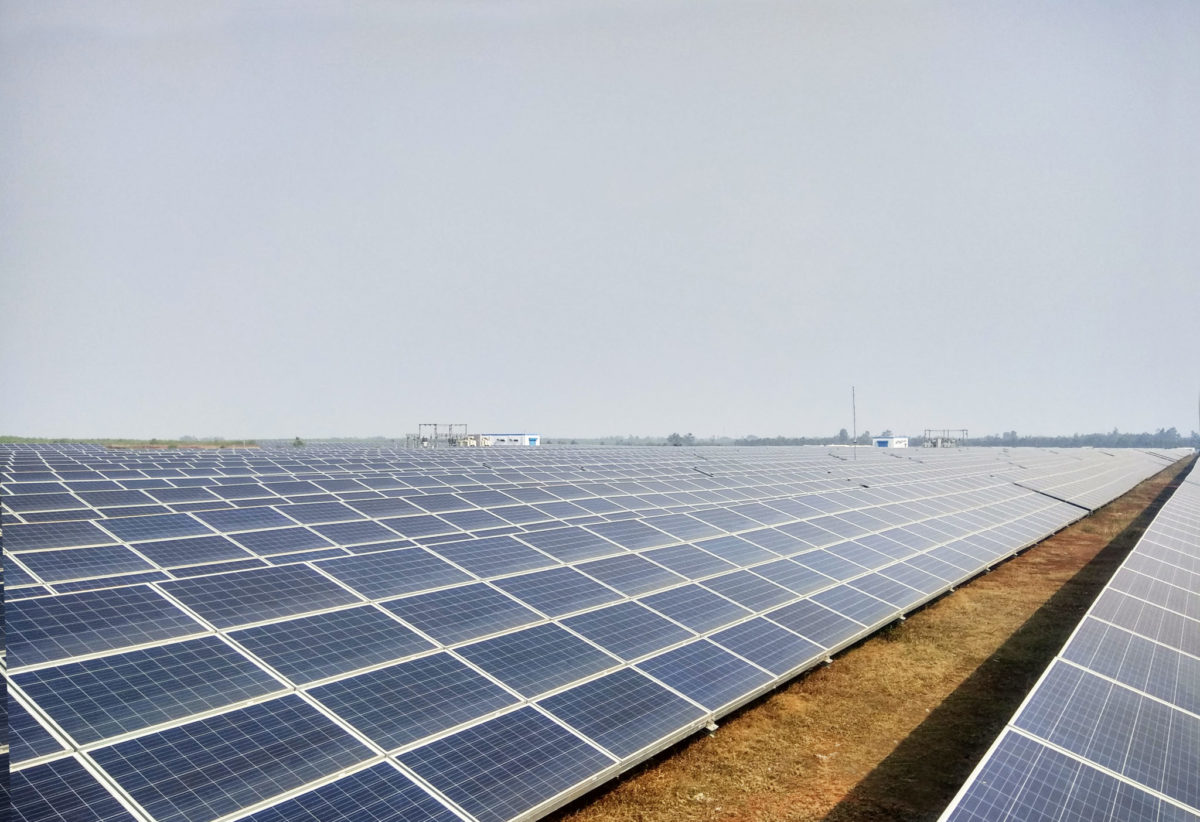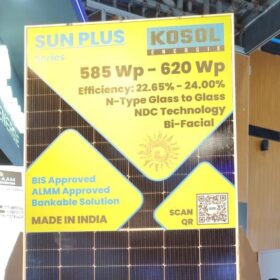The Indian solar PV industry expects the upcoming Union Budget 2019, which is just a week away, to provide stability in policies, taxes and duties, varied financing options for consumers and reduction in corporate tax.
Speaking to pv magazine, Ashit Maru, co-founder, MYSUN said, “Frequent policy changes and the recent safeguard duty on imported solar panels and cells have had a major negative impact on the market and the affordability of solar. India imports 90% of its solar requirements and the cost of solar had considerably reduced earlier due to the availability of globally competitive solar panels in the country. But now with 25% safeguard duty imposed on imported solar panels and cells, the market price of solar has only increased. Solar energy as a solution is now more expensive for the end consumer.”
“The Indian solar industry has emerged as one of the world’s largest markets for solar PV, providing ample growth opportunities. In the 2019-20 Budget, we hope that the solar industry does not see any negative surprises, and taxes and duties remain stable,” Nikunj Ghodawat, CFO, CleanMax Solar told pv magazine.
In 2018 the corporate tax rate was reduced from 35% to 25%. “We hope that the government continues to focus on reducing the corporate tax rate to help the country move towards a lower tax regime,” added Ghodawat.
To increase uptake of rooftop solar, Maru suggested: “Affordable financing options should be introduced to consumers. Rooftop solar as a segment also needs to be heavily promoted along with large-scale solar parks.”
“The government needs to work with non-banking financial companies (NBFCs) and banks to create varied financing options and loans for consumers who still consider solar to be an expensive investment. The SME/MSME segment, in particular, requires innovative and tailor-made financing solutions that help these companies transition to solar energy seamlessly without the risk of financial strain.”
“Net metering is another area of challenge for consumers across states due to the uncertainty of the policies that have been put in place. There also needs to be a more positive support and co-operation from local DISCOMs to ensure that customers have a seamless and transparent experience when opting for solar,” said Maru.
This content is protected by copyright and may not be reused. If you want to cooperate with us and would like to reuse some of our content, please contact: editors@pv-magazine.com.









By submitting this form you agree to pv magazine using your data for the purposes of publishing your comment.
Your personal data will only be disclosed or otherwise transmitted to third parties for the purposes of spam filtering or if this is necessary for technical maintenance of the website. Any other transfer to third parties will not take place unless this is justified on the basis of applicable data protection regulations or if pv magazine is legally obliged to do so.
You may revoke this consent at any time with effect for the future, in which case your personal data will be deleted immediately. Otherwise, your data will be deleted if pv magazine has processed your request or the purpose of data storage is fulfilled.
Further information on data privacy can be found in our Data Protection Policy.